With the Senate report on the CIA’s interrogation program coming out, it’s a good time for an update on the major players. From al Qaeda-hunting CIA officers to the legal architects of so-called enhanced interrogation techniques, here are the people who played key roles in the Bush administration program, and what they’re up to now.
George W. Bush
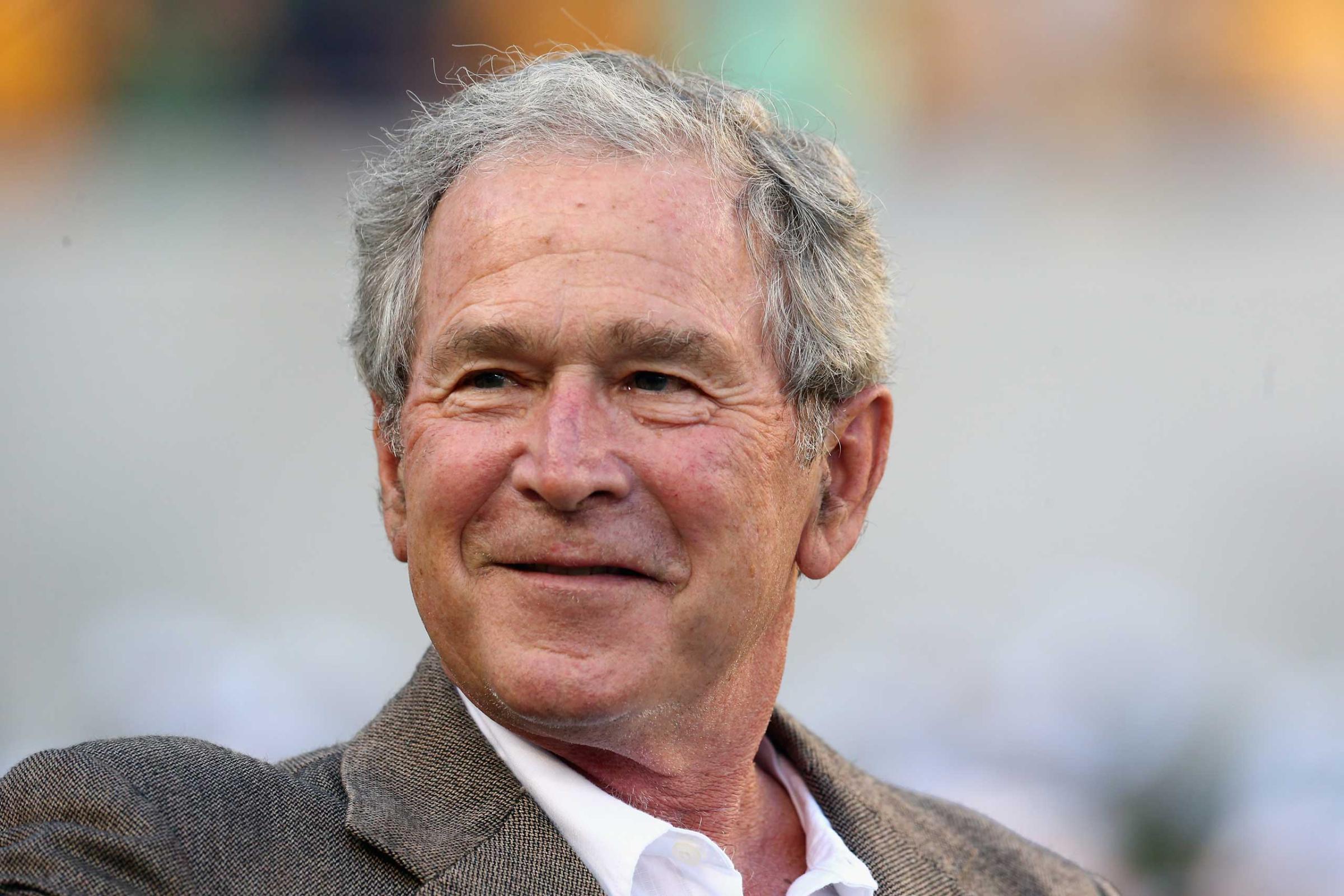
As President, George W. Bush approved the CIA’s interrogation program and when it became public, famously said, “We don’t torture.” Since leaving the White House, Bush has largely stayed off the public stage, giving infrequent interviews, opening his presidential library and learning to paint.
Dick Cheney
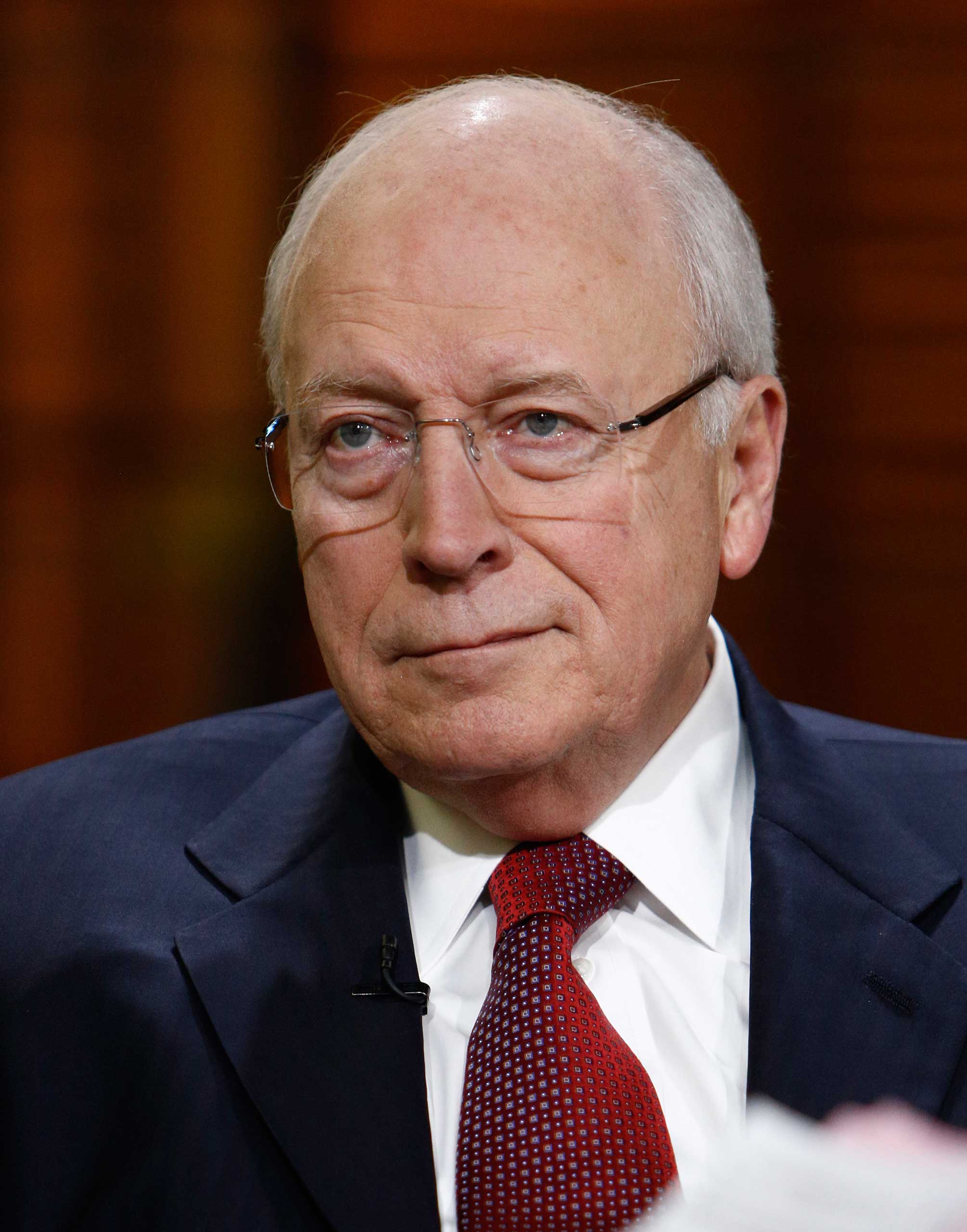
Vice President Dick Cheney was a key behind-the-scenes advocate for harsher interrogation programs. He has remained a vocal supporter of the policies in the years since he stepped down, arguing that they helped prevent another terrorist attack after 9/11.
John Ashcroft
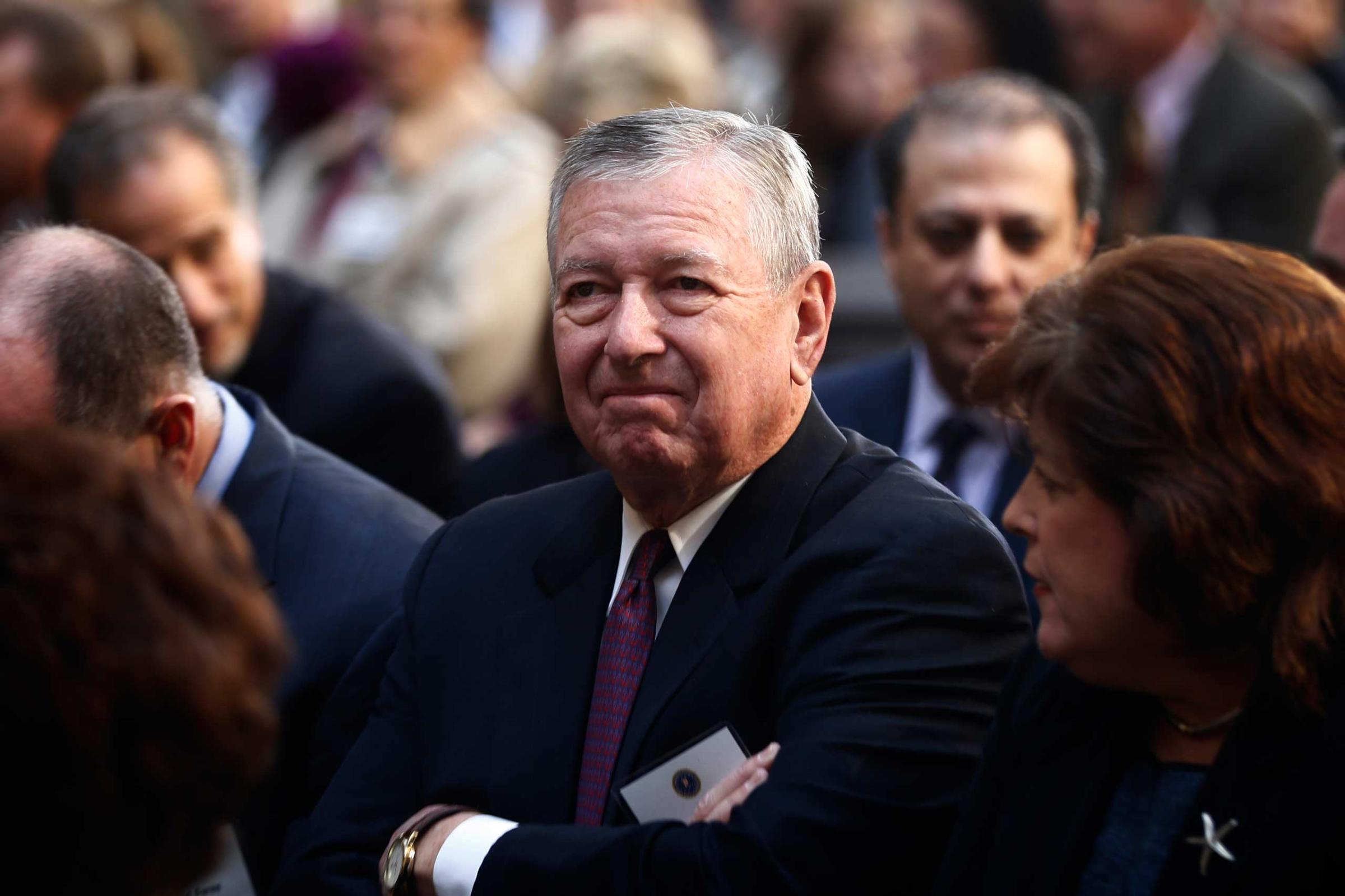
As Attorney General, Ashcroft told the CIA’s general counsel that he saw no problem with waterboarding one detainee 119 times. He now runs the Ashcroft Group, a D.C. lobbying firm, and the Ashcroft Law Firm.
George Tenet
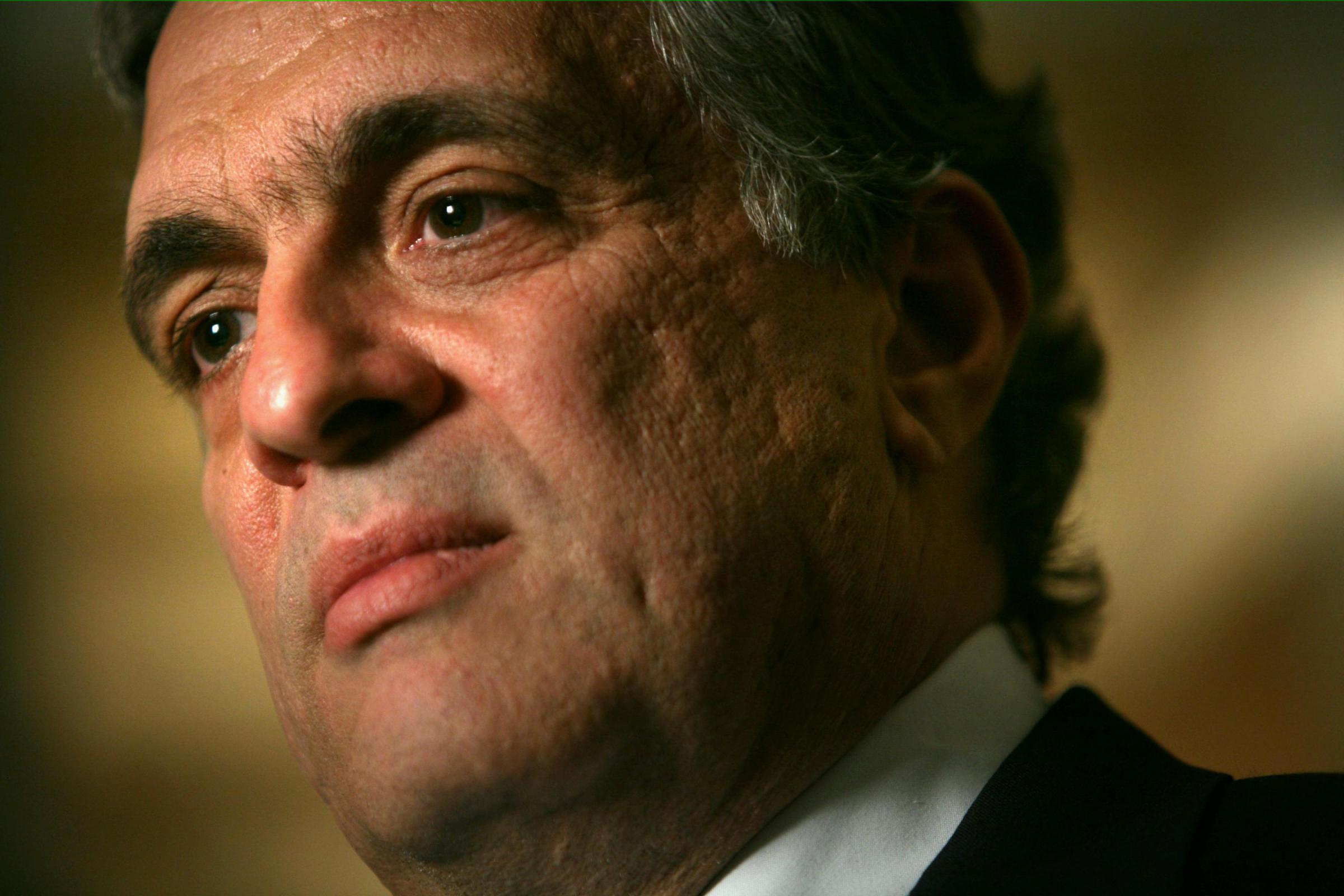
The second-longest serving CIA director in history, George Tenet was in charge of the agency that ran the interrogation programs. Since stepping down in 2004, he’s written a memoir that defended the policy and now works as a managing director of the investment bank Allen & Company in New York City.
Michael Hayden
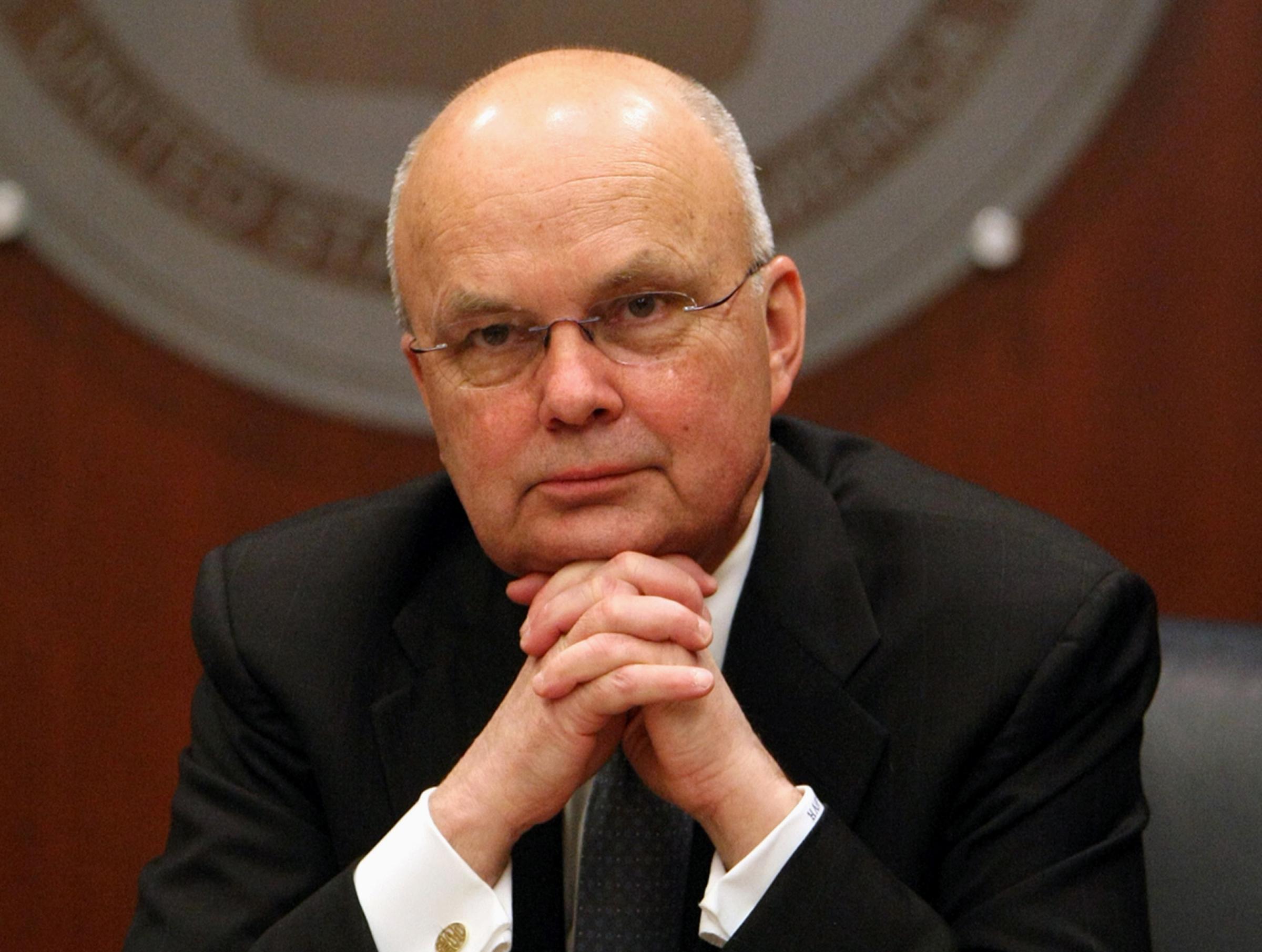
Hayden led the CIA from 2006 to 2009, and was the first official to brief the full intelligence committees on the interrogation programs. Now he’s a principal at the Chertoff group, a security consulting firm, and a visiting professor at George Mason University.
John Yoo
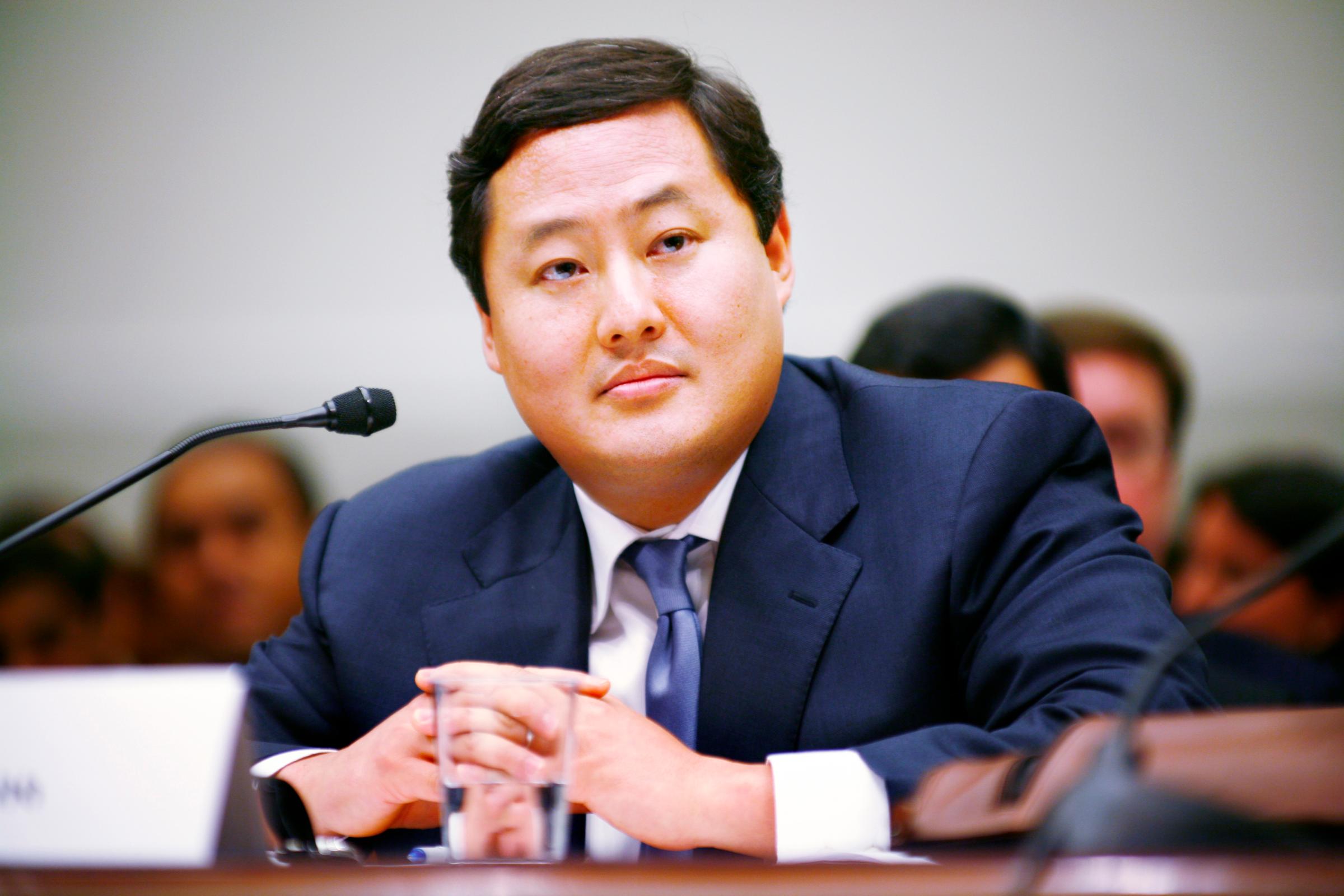
As a top lawyer at Bush’s Justice Department, Yoo was the chief author of the legal opinions that legitimized the interrogation techniques that critics say constitute torture. The opinions have shielded Bush administration officials from being charged with violating the anti-torture statute. Yoo is now a law professor at UC Berkeley.
Porter Goss
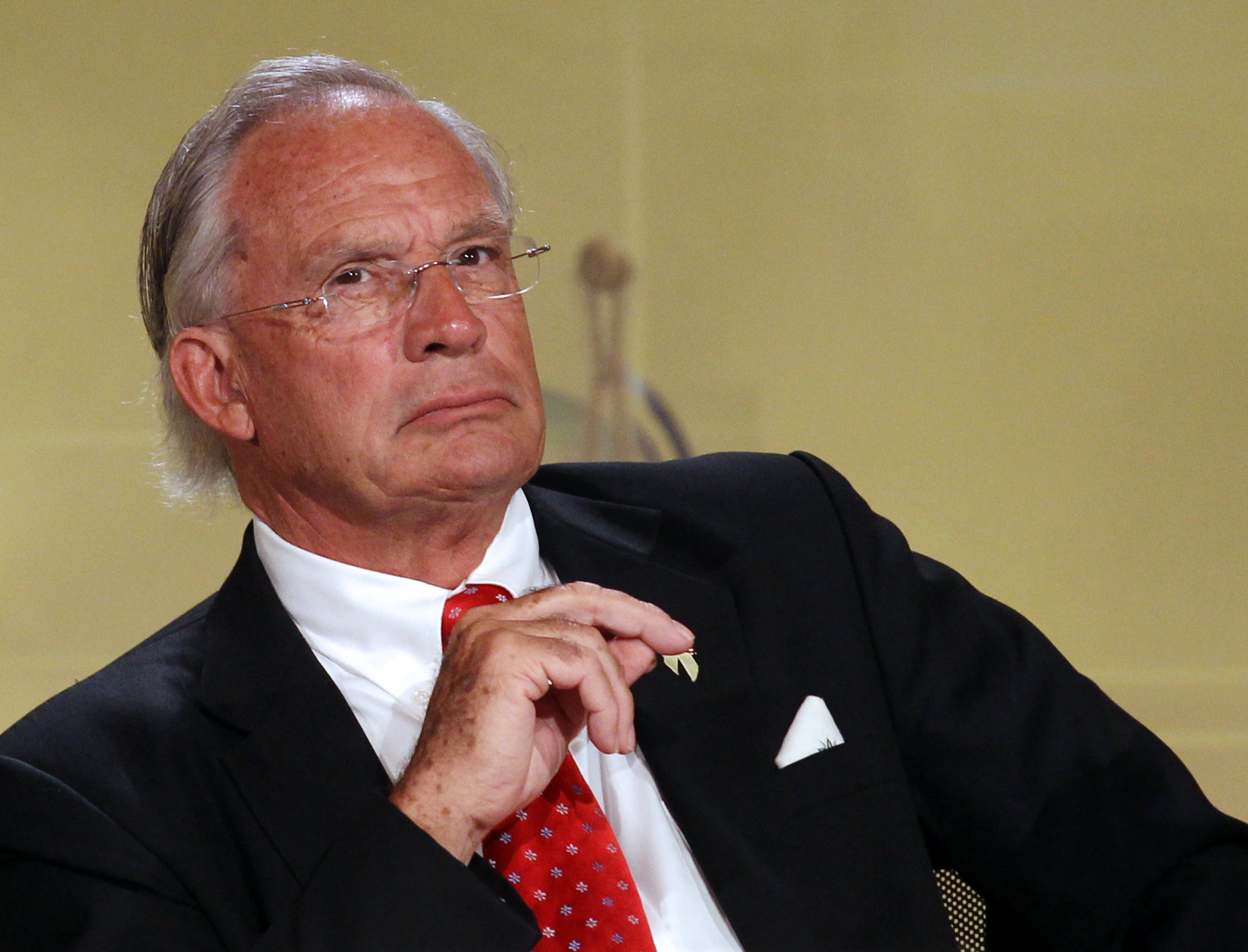
Goss served as chairman of the House Intelligence Committee from 1997 to 2004. He later became the CIA director, and internal CIA documents released in 2010 showed him agreeing with the destruction of videotapes documenting the interrogations of two Al Qaeda detainees. The destruction of those tapes prompted an investigation by the Senate intelligence committee and led to the report that will be released Tuesday. Goss is now the Chairman of the Board of the Office of Congressional Ethics.
John McLaughlin
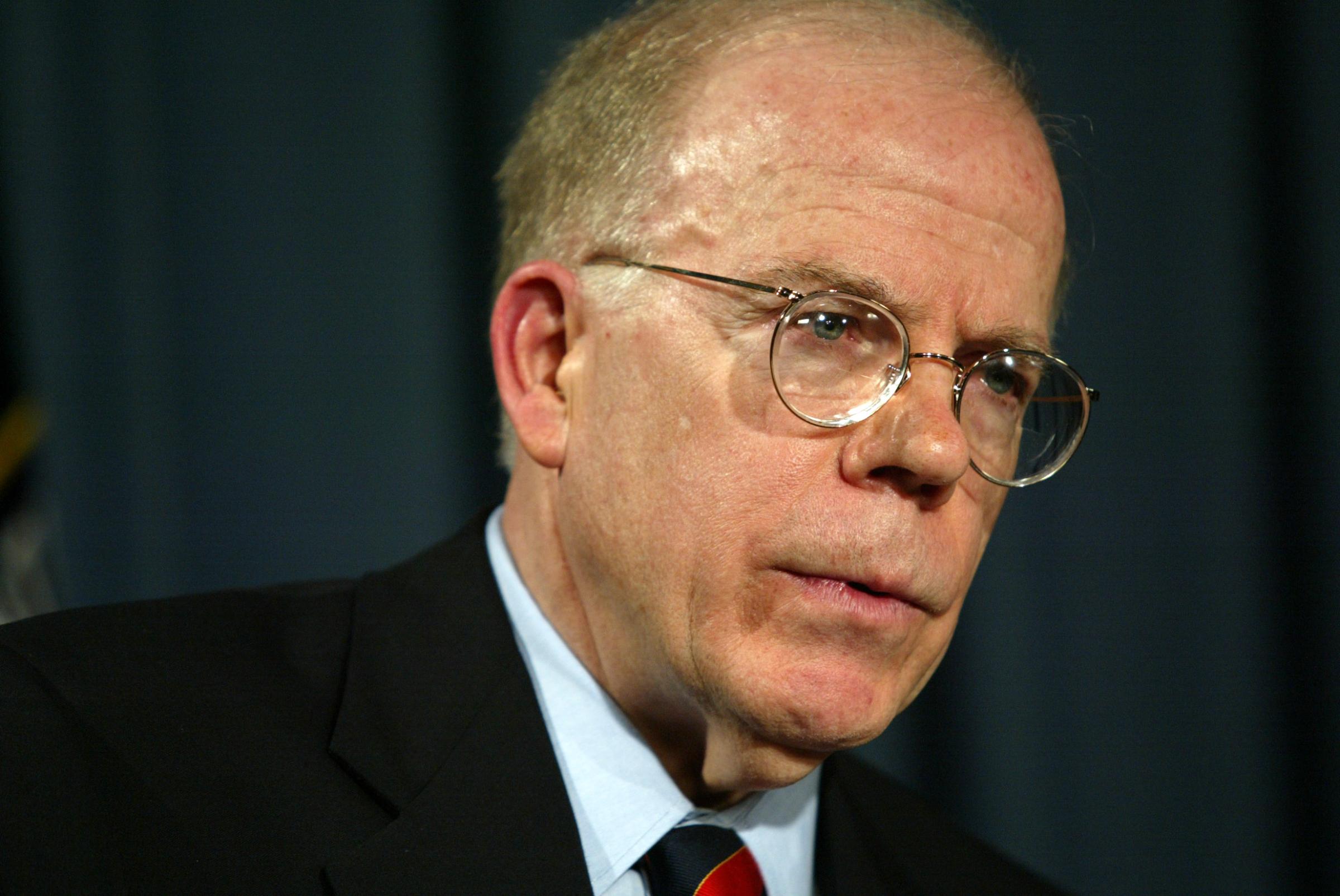
McLaughlin was Deputy Director of Central Intelligence from 2000 to 2004, the number two at the agency during the years that waterboarding, sleep deprivation and other harsh techniques were used. Now he teaches at the Johns Hopkins School of Advanced International Studies.
Marty Martin
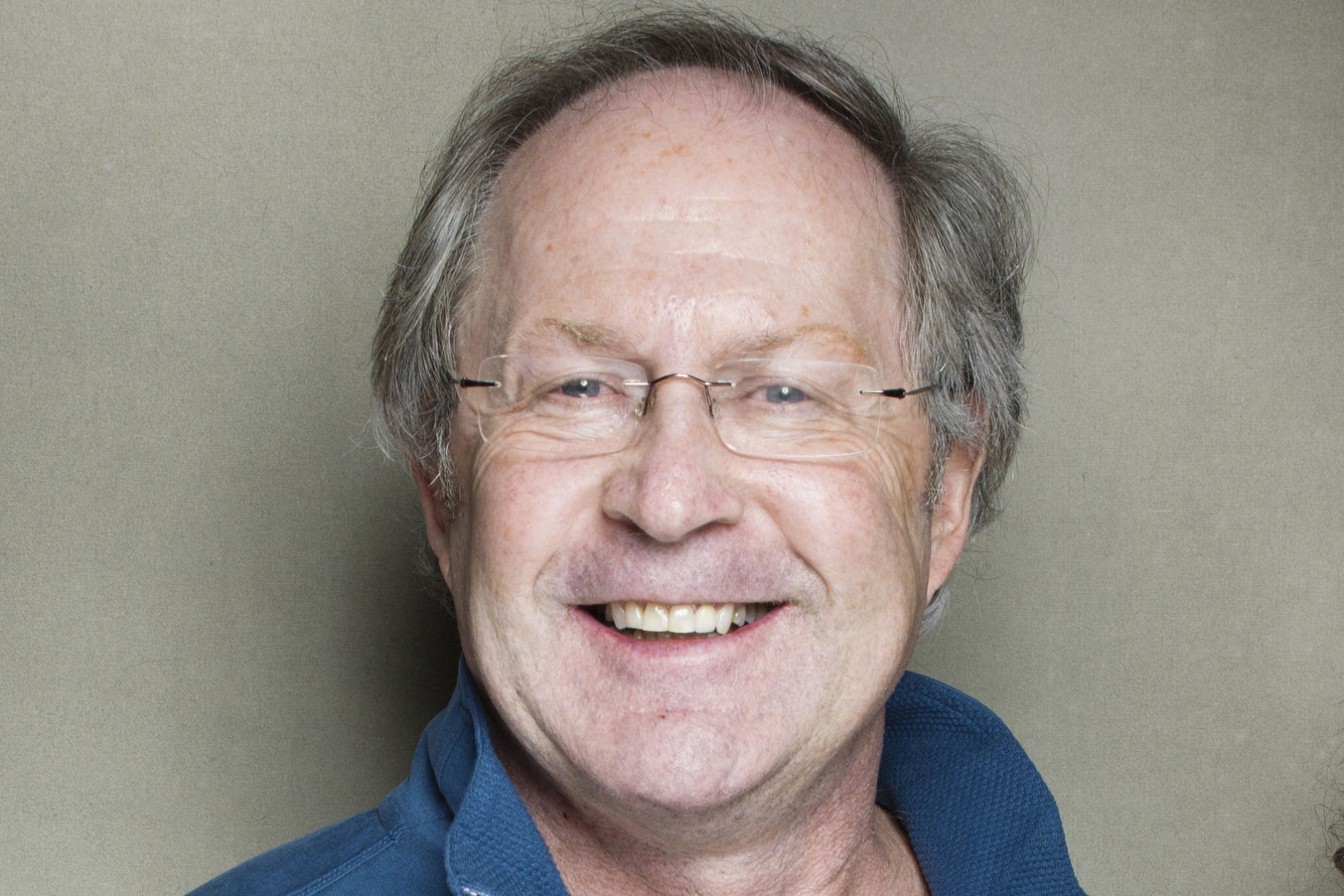
Martin was a CIA official who oversaw the agency’s efforts to find and interrogate al Qaeda operatives from 2002 to 2004. He is now a security consultant.
Ali Soufan
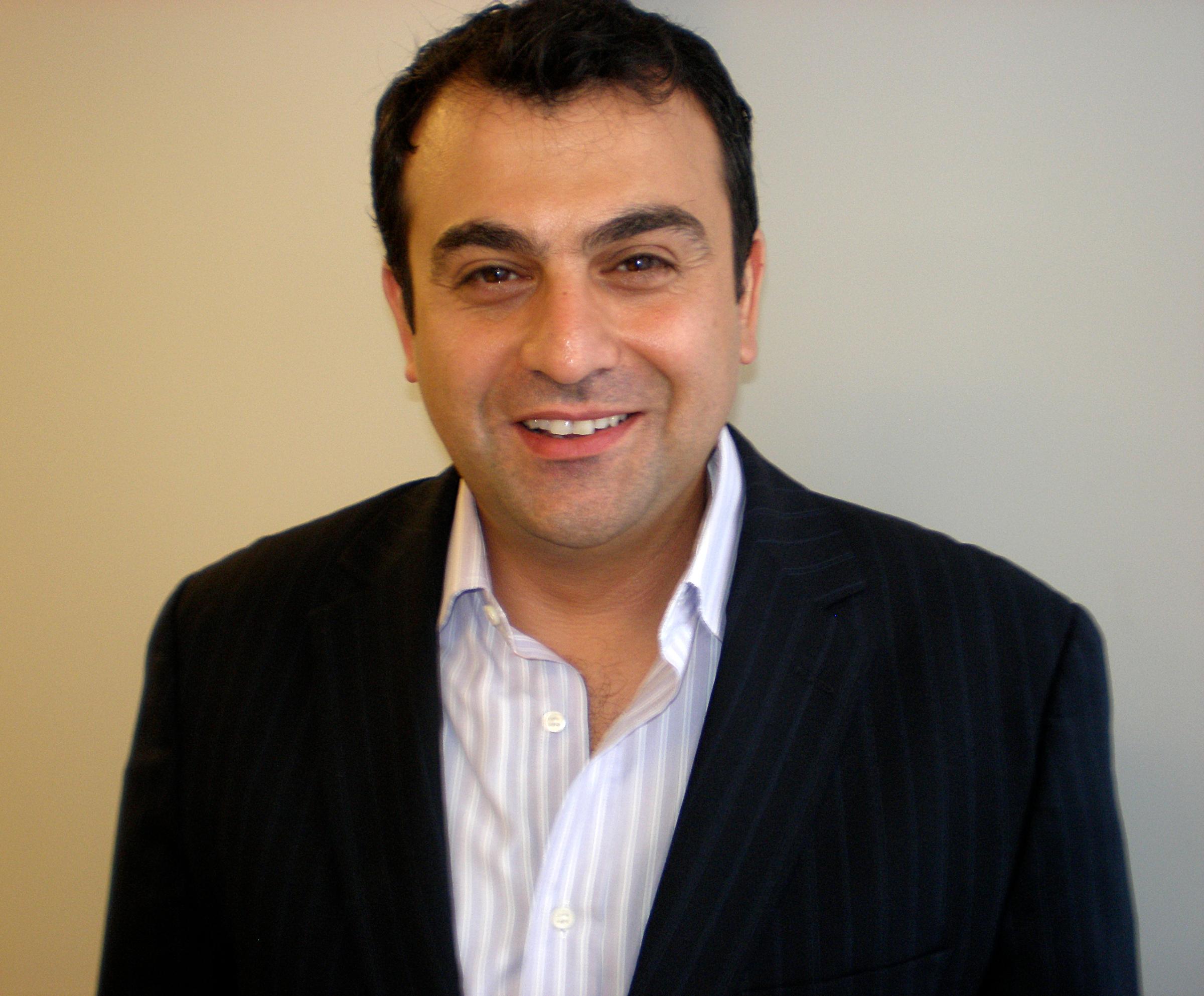
Soufan is a former FBI interrogator who debriefed al Qaeda suspects before and after 9/11 and has been critical of the CIA’s interrogation program. He is now a security consultant.
Jose Rodriguez
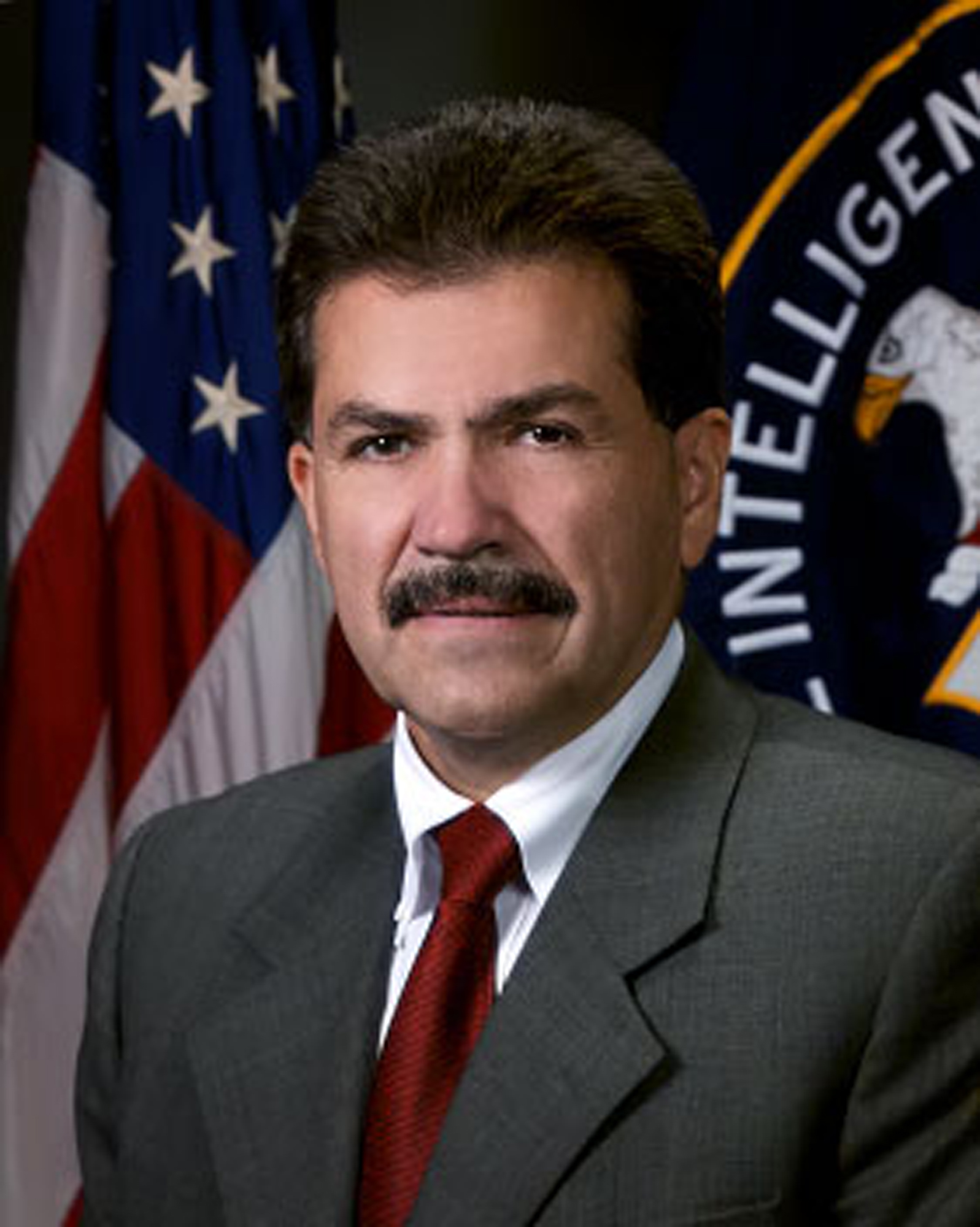
Rodriguez ran the CIA’s Counterterrorism Center in the aftermath of 9/11 when the CIA employed enhanced interrogation methods. He told TIME in 2011 that these techniques led to the death of Osama bin Laden. He is now a security consultant.
More Must-Reads from TIME
- Why Trump’s Message Worked on Latino Men
- What Trump’s Win Could Mean for Housing
- The 100 Must-Read Books of 2024
- Sleep Doctors Share the 1 Tip That’s Changed Their Lives
- Column: Let’s Bring Back Romance
- What It’s Like to Have Long COVID As a Kid
- FX’s Say Nothing Is the Must-Watch Political Thriller of 2024
- Merle Bombardieri Is Helping People Make the Baby Decision
Write to Tessa Berenson Rogers at tessa.Rogers@time.com